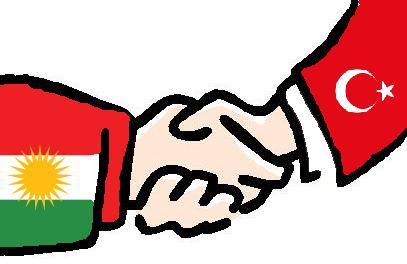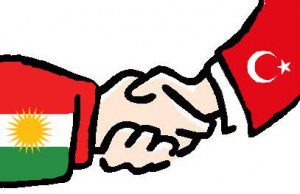If Turkey wants to join the ranks of countries like Norway, Canada and Japan, it has some work to do.
May 9, 2013 – Last month, I was invited to teach a Peace Journalism course and speak at a conference in Istanbul, Turkey which gave me an opportunity to revisit and re-acquaint myself with a country that I have a lot of affection having lived there in 2001. It was with great joy that I saw how much Turkey is embracing peace (certainly influenced by the company I kept, but still notable). Turkey is a-buzz with the peace process currently taking place between the Turkish government and the Kurdistan Workers Party (PKK), addressing 30 years of conflict. This has also sparked some interest in peace journalism with a conference organized at the prestigious Bogazici University and attended by journalists and editors of major Turkish newspapers and television stations. And let’s not forget Turkey’s aspiration to be an international peace negotiator, most visibly in its joint initiative with Brazil, successfully brokering an agreement with Iran over its disputed nuclear program in May 2010. Some Turkish analysts believe that Turkey is trying to position itself globally with other countries long associated with peace, notably Norway, Canada and Japan.
But if Turkey wants to join the ranks of countries like Norway, Canada and Japan, it has some work to do. Since its inception in 2007, the Global Peace Index has consistently ranked Turkey in the bottom 30 least peaceful countries in the world whereas Norway, Canada and Japan have consistently ranked in the top 10 most peaceful. Categories in which Turkey has the largest spread with its role models include:
– organized internal conflicts (the Kurdish, Armenian and Cypriote issues all need to be successfully transformed), – weapons imports (true peace doesn’t require armament), – political participation (protestors should be allowed to peacefully gather and not have to face police in riot gear, tear gas and water canons), – freedom of the press (the Committee to Protect Journalists has ranked Turkey as the worst place to be a journalist).In order for Turkey’s commitment to peace to be more than just lip-service, it will have to make a significant investment in both internal and external peace. There are seeds of peace that have been planted, but need to be nourished and allowed to spread. In order to bring peace, Turkey will need peace workers with solid conflict transformation and peace building skills. Bogazici University now has a peace education program while Hacettepe University offers the country’s first Masters in Peace and Conflict Studies. Change.org has just launched its Turkey platform which could have a positive impact on political participation. And of course a successful outcome to the peace process with the Kurds could do much to raise Turkey’s peace profile.


